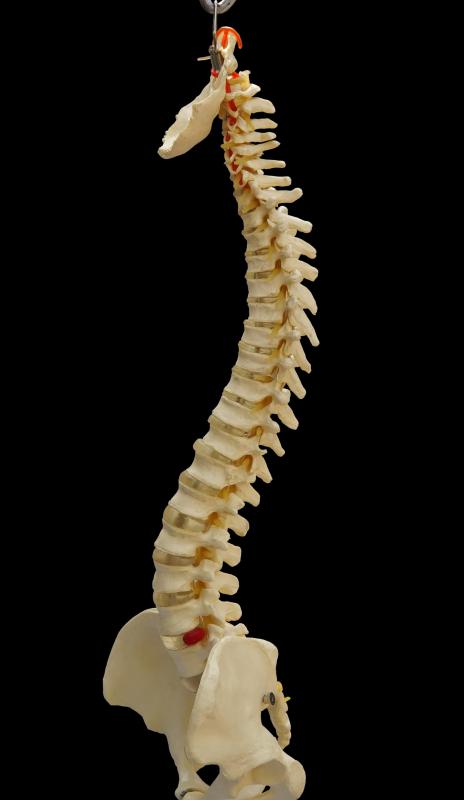At TheHealthBoard, we're committed to delivering accurate, trustworthy information. Our expert-authored content is rigorously fact-checked and sourced from credible authorities. Discover how we uphold the highest standards in providing you with reliable knowledge.
What is the Meningitis Incubation Period?
The meningitis incubation period depends on the causative organism behind the meningitis, but usually ranges between two and 14 days. During the incubation period, the patient is typically not contagious. The classic trio of symptoms indicative of meningitis are headache, stiff neck, and a high fever. Once these symptoms start to appear, patients will be able to pass the infectious organism on to others. People with these symptoms need to be evaluated and provided with treatment as quickly as possible.
This condition is an inflammation in the meninges, specialized membranes found around the brain and spinal cord. Viruses, fungi, and bacteria can all cause meningitis, and there are vaccinations available to protect against common causes of meningitis. People contract the disease by inhaling secretions from patients with active infections, and it is more common in crowded environments like barracks and college dormitories, where it is difficult to protect people from infectious body fluids because of close contact.

During the meningitis incubation period, the causative organisms will breed inside the patient's body and eventually develop numbers large enough to cause inflammation. Some organisms cause clear symptoms within two to three days, a short meningitis incubation period. Other organisms multiply more slowly or are fought off more effectively by the immune system, allowing two weeks or more to elapse before the patient starts to develop symptoms.

Meningitis can be a serious condition with the possibility of causing significant complications. People who have been exposed to a person known to have meningitis should be watchful during the meningitis incubation period for early signs of infection, and should seek medical treatment as quickly as possible. Individuals with compromised immune systems, like AIDS patients and people with cancer, need aggressive and rapid treatment to prevent dangerous meningitis complications.

Once symptoms appear, a sample of cerebrospinal fluid can be taken to find out what is causing the meningitis. This will allow doctors to prescribe an appropriate medication to kill the organisms. Treatment can also include checks on the pressure inside the skull, with interventions if the inflammation appears to be causing complications like a dangerous rise in the intracranial pressure. There is a risk of permanent brain damage if the tissue of the brain is compressed or otherwise damaged during the episode of meningitis, and the patient can develop long term problems like cognitive deficits and seizures. People diagnosed with meningitis can alert friends and family about the meningitis incubation period so they know what to expect.
AS FEATURED ON:
AS FEATURED ON:















Discussion Comments
I think when the immune system is weak, the incubation period for meningitis becomes shorter.
My aunt developed meningitis after chemotherapy and she developed symptoms in just a few days. The doctor said that it's because of the affects of the chemotherapy on her immune system.
@alisha-- The incubation period for viral and bacterial meningitis is similar. It's usually about ten days for both but it can range anywhere from two days to two weeks depending on the cause of the meningitis and the individual.
There is also fungal meningitis, but fungal meningitis is different. Apparently, fungal meningitis can have an incubation period of several months. I didn't know this either until last year. Several people died of fungal meningitis and there was a detailed article about it in the news.
Fever and stiff neck are the major symptoms of all kinds of meningitis. Even though the causes can be different, the symptoms are not going to change because meningitis means the inflammation of meninges-- the layers found in our spine and brain. So regardless of what's causing the inflammation, the signs and symptoms of meningitis will be the same.
I have viral meningitis but as far as I know, there is also bacterial meningitis. Is the incubation period for both the same? And what about the symptoms?
Post your comments